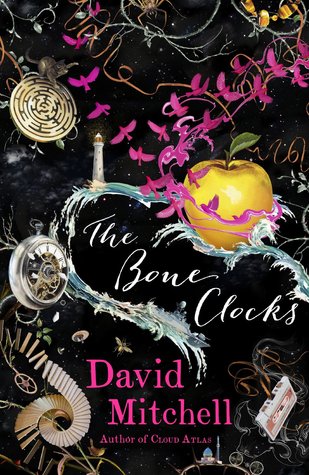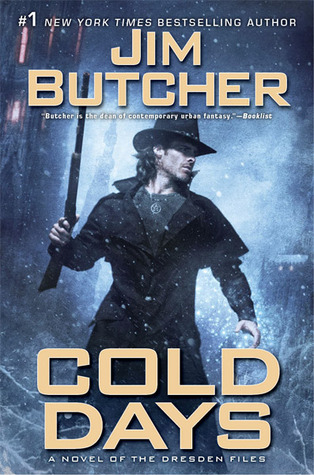
“He'd arrived too late from Baltimore – when it was all over and she was lying on the hospital bed. But he hadn't. He'd arrived early enough to see their baby, and to hold him before they cremated him”
Interpreter of Maladies by Jhumpa Lahiri is a collection of short stories, concerned with the lives of people of South Asian descent, Bengali and Indian, set mostly in the diaspora. The first story,
A Temporary Matter, deals with a Boston couple trying to live together after a miscarriage of their first child. A daily scheduled power outage forces them to spend time with each other for a week, during which they get talking again, about both the silly, and heartbreaking secrets they carry.
With that story as well the rest, using perspectives that are familiar with South Asian culture as well as from outsiders, Lahiri probes the everyday lives and thoughts of her characters, finding strengths and flaws. People grow through love and reflection, come to understand others, are rejected or find themselves casting aspersions. Lahiri's prose almost never makes note of itself, letting the reader flow through. Every story in this collection is remarkable.

"Books were only one type or receptacle where we stored a lot of things we were afraid we might forget. There is nothing magical in them at all. The magic is only in what books say, how they stitched the patches of the universe together into one garment for us. "
Fahrenheit 451 by Ray Bradbury is a classic science fiction novel, taking place in a society in which the firemen start fires, with the purpose of destroying books and the people who hold onto them. In our popular culture this novel has been thought of as an anti-censorship manifesto, while the text and Bradbury himself seem to argue against mass media culture, its homogenizing and “dumbing down” effects, which have edged out literature and academics. Literature is able to hurt and offend people, while other media coddles folks.
Bradbury's prose is good as well, long-winded at times, and I don't think I've ever seen so many damn similes in a novel. The development of the main character is interesting, as is the change in plot in the last third. Bradbury is pretty heavy handed with his message, and his acerbic afterwords are off putting. Yet, it's highly relevant, and hits home harder than it probably did in the 1950's.
---
I'm making my way through a new anthology,
The Best Science Fiction and Fantasy of the Year: Volume Eight, edited by Jonathan Strahan. I'm a little more than halfway through, and it's been an excellent collection of stories. The standout stories in here so far have been by Joe Abercrombie, Greg Egan, Yoon Ha Lee, Ramez Naam, Ted Chiang, Thomas Olde Heuvelt, Priya Sharma, and Lavie Tidhar. And there are a lot more great authors left.

















